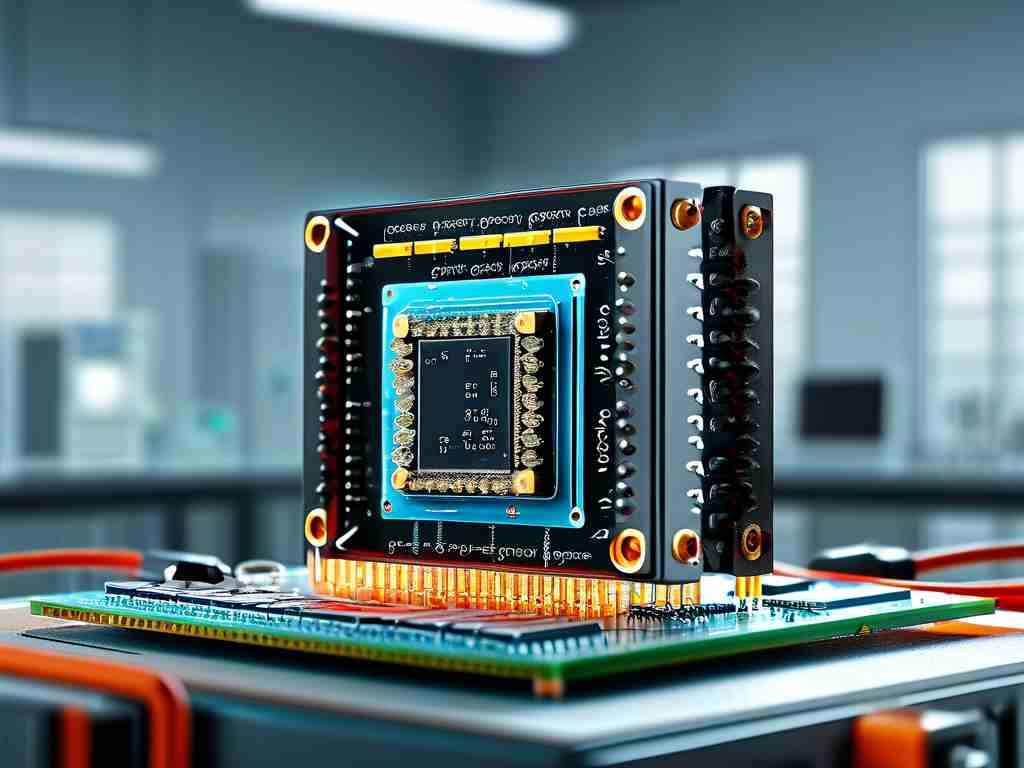In the realm of embedded systems development, global variables remain a topic of both utility and controversy. These variables, accessible across multiple functions or modules, offer convenience but also introduce risks if mismanaged. This article explores their role, challenges, and best practices for maintaining robust and efficient firmware.

Understanding Global Variables
Global variables are declared outside any function, granting them scope across an entire program. In resource-constrained embedded environments, they provide a straightforward way to share data between interrupts, tasks, or drivers. For example, a sensor reading stored in a global variable might be accessed by both a communication module and a display driver.
volatile uint32_t sensor_value; // Global variable for sensor data
void ISR_Sensor_Read() {
sensor_value = read_sensor();
}
The Appeal of Global Variables
Developers often gravitate toward globals for their simplicity. They eliminate the need for complex parameter passing or dynamic memory allocation, which is critical in systems with limited RAM. Additionally, they enable real-time data sharing in interrupt-driven architectures. For instance, a timer interrupt updating a counter variable can be immediately utilized by a main loop.
Pitfalls and Risks
Despite their convenience, global variables pose significant risks. Uncontrolled access can lead to race conditions, especially when interrupts modify variables used elsewhere. Consider this flawed example:
volatile bool data_ready = false;
void ISR_Data_Received() {
data_ready = true;
}
void process_data() {
if (data_ready) {
parse_data();
data_ready = false; // Race condition if interrupted here
}
}
Here, an interrupt might reset data_ready before parse_data() completes. Such issues are notoriously hard to debug and can destabilize systems.
Best Practices for Safer Use
- Limit Scope: Use
statickeyword to restrict globals to file-level scope where possible. - Volatile Keyword: Mark variables accessed by interrupts as
volatileto prevent compiler optimizations from corrupting data. - Atomic Access: Employ atomic operations or disable interrupts during critical sections.
- Encapsulation: Group related globals into structs and manage access via functions.
typedef struct {
volatile uint32_t count;
volatile bool flag;
} SystemStatus;
SystemStatus sys;
void set_count(uint32_t val) {
__disable_irq();
sys.count = val;
__enable_irq();
}
Alternatives to Global Variables
For complex systems, consider alternatives like message queues, RTOS objects, or dependency injection. These methods reduce coupling and improve testability. FreeRTOS queues, for example, provide thread-safe data transfer:
QueueHandle_t data_queue = xQueueCreate(10, sizeof(uint32_t));
void sender_task() {
uint32_t data = 42;
xQueueSend(data_queue, &data, portMAX_DELAY);
}
void receiver_task() {
uint32_t received_data;
xQueueReceive(data_queue, &received_data, portMAX_DELAY);
}
Global variables are double-edged swords in embedded development. While they offer immediacy in data sharing, their misuse can lead to fragile code. By adhering to scoping rules, leveraging hardware features like atomic operations, and embracing modular design, developers can harness their benefits while mitigating risks. As systems grow in complexity, disciplined use of globals—or their replacement with structured communication mechanisms—becomes essential for creating maintainable firmware.


